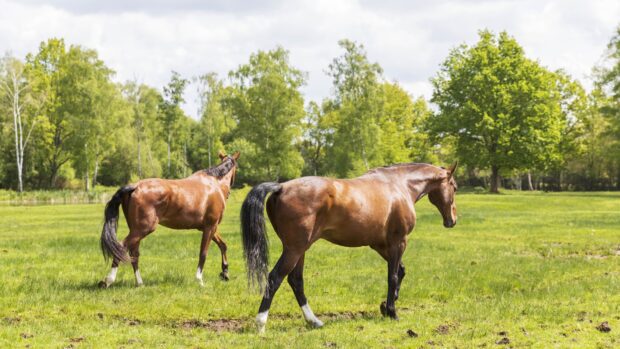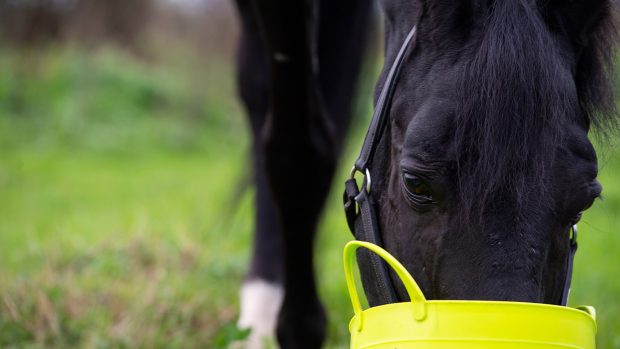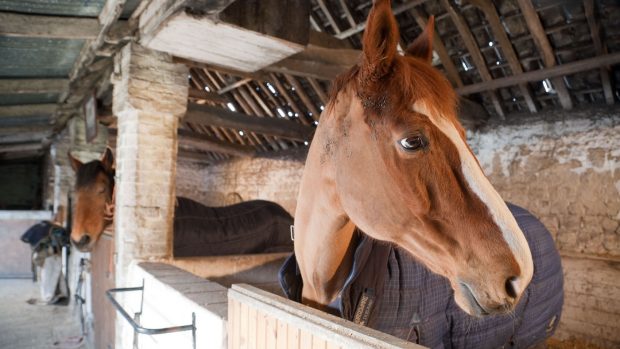Yorkshire-based referal vet Rachael Conwell specialises in equine internal medicine. She will be blogging for Horse & Hound during May to help raise awareness of equine gastric ulcer ‘InnerVision’ month
As an internal medicine specialist, the next few months are particularly exciting for me; a colleague, Richard Hepburn, is carrying out what we believe to be the world’s first large scale equine ulcer study, as part of his PhD study at the University of Liverpool.
Over 200 performance horses registered with British Dressage, British Eventing and the British Show Jumping Association will be gastroscoped during May via 21 veterinary practices across the UK.
The aim is to improve our understanding of the causes and effects of equine gastric ulcers on performance horses, and how to best manage and prevent them. Much of our current understanding of ulcers comes from studying racehorses, which have very different management and training regimes, so this study will provide new and important information. I am contributing by gastroscoping competition horses on yards in the North East, around my usual caseload.
Common presenting signs of ulcers include discomfort on girthing up, reluctance to work, behavioural changes, and sometimes colic. However during May we are also scoping competition horses without obvious clinical signs, to determine the significance of the lesions we see in this population. It should provide some really useful observations and help target more effective treatment and prevention.
As an estimated 60% of performance horses have ulcers to varying degrees, we expect to find ulcers where riders may not have considered them as an issue. Signs can be very vague and attributed to other causes of poor performance such as back pain, behavioural issues or stress.
It’s not just gastric ulcers that fill my case load. Weight loss, respiratory problems, heart issues and poor performance are just some of the range of problems I see each week, especially at this time of year when performance horse training on many yards steps up a notch.
Stay up to date with Rachael’s weekly highlights as she travels throughout the north of England providing specialist support to equine practices in the region.



